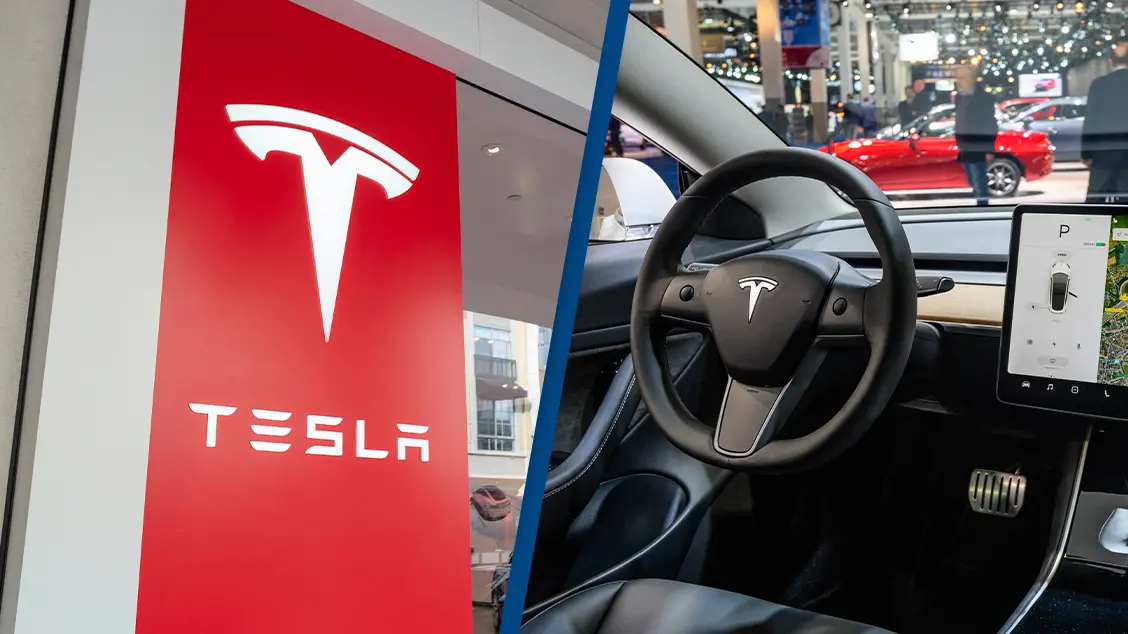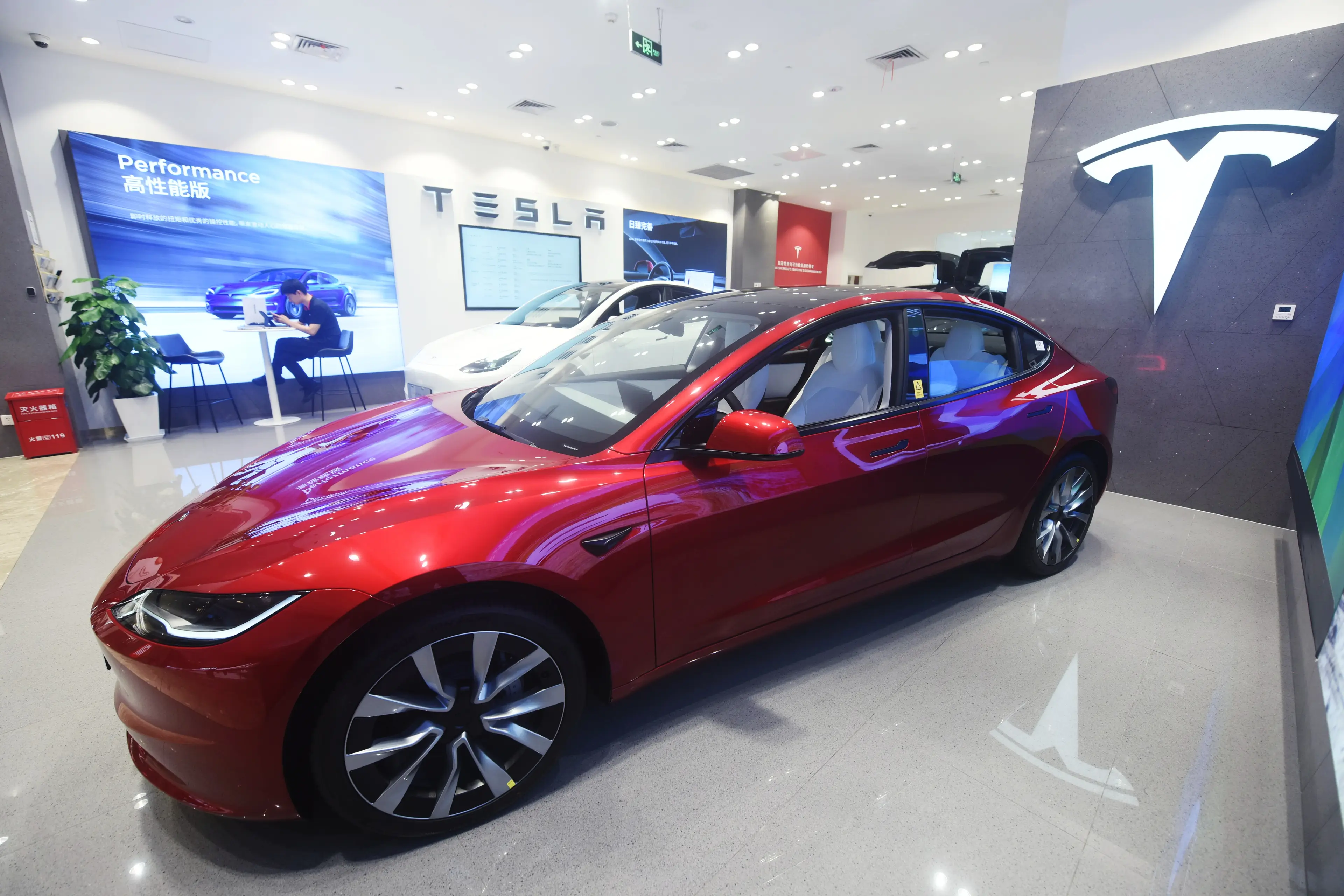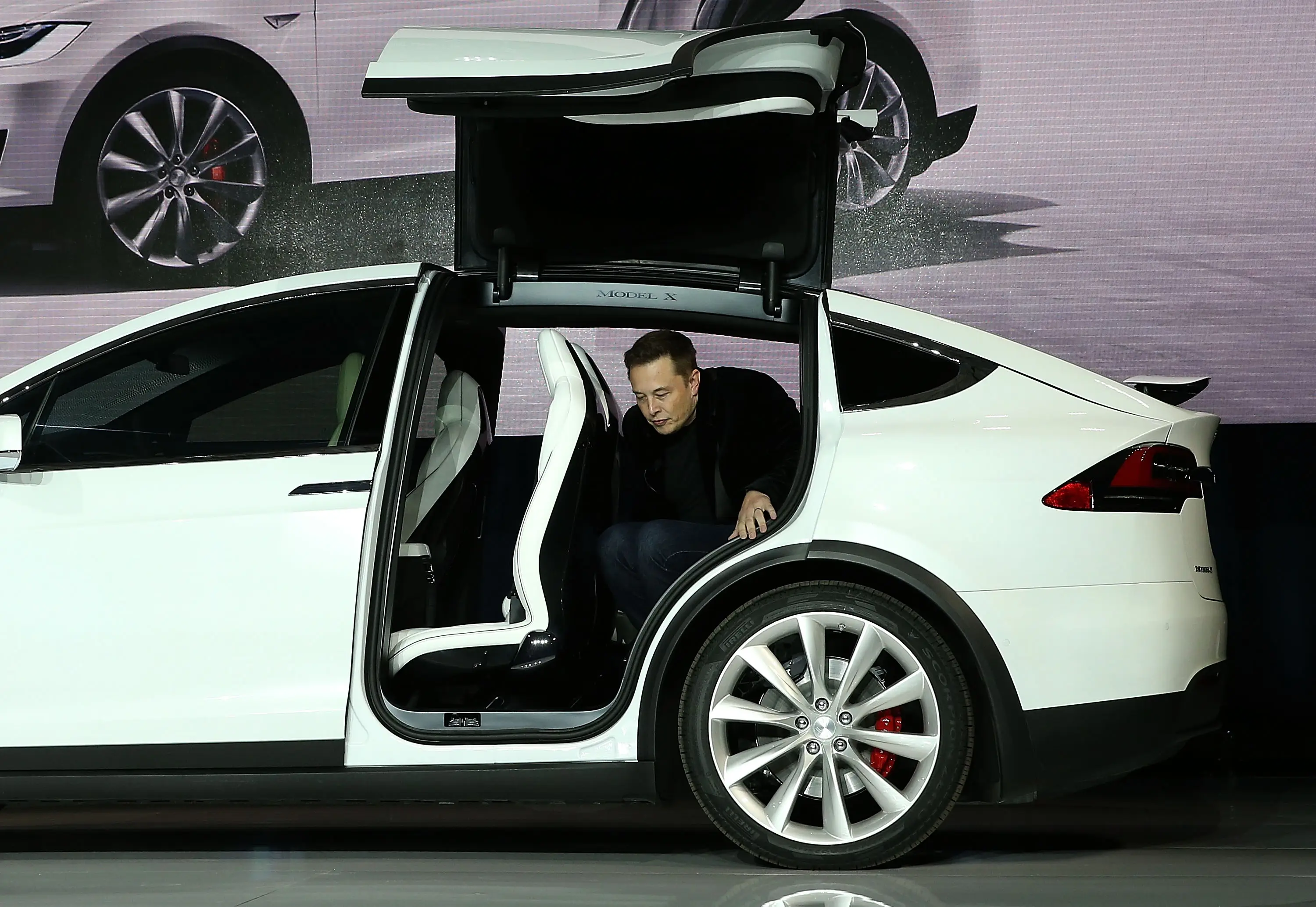
A judge has found ‘reasonable evidence’ that Elon Musk and executives at Tesla knew of the self-driving vehicle’s defectiveness and did nothing to intervene.
The Guardian reported that Palm Beach County Circuit Court Judge Reid Scott concluded that the company was responsible for gross negligence and intentional misconduct.
The Florida judge said that Tesla ‘engaged in a marketing strategy that painted the products as autonomous’ and that Musk’s previous comments about the technology ‘had a significant effect on the belief about the capabilities of the products’.
The ruling comes a couple of years after the fatal crash in 2019 north of Miami involving a Tesla Model 3.
Advert

Stephen Banner was killed when he crashed into an 18-foot truck, which shaved off the car’s roof.
Following the tragedy, Banner’s wife filed a lawsuit against the company.
"It would be reasonable to conclude that the Defendant Tesla through its CEO and engineers was acutely aware of the problem with the 'Autopilot' failing to detect cross traffic," the judge wrote, as per Reuters.
Mr Scott also said that Tesla’s warning in its manual and ‘clickwrap’ agreement was inadequate.
The Guardian reports that the judge's ruling opens the door for Banner's wife to pursue punitive damages.
However, that is up in the air after the car manufacturer managed to win two product liability cases in California earlier this year related to its Autopilot system.

The judge also noted how Banner’s accident was eerily similar to the 2016 fatal car crash that killed Joshua Brown when his Tesla Model S sedan collided with a tractor-trailer.
It was reported the accident was caused by the Autopilot system failing to detect trucks, allowing vehicles to go near them at high speeds.
Judge Scott allegedly cited a 2016 video published by Tesla where the company claimed ‘the car is driving itself,’ adding that a person is only present in the driver’s seat for ‘legal reasons’.
However, Judge Scott said Tesla didn't indicate that the video is 'aspirational or that this technology doesn't currently exist in the market'.
UNILAD has approached Tesla for comment.
Topics: News, Technology, Tesla, Elon Musk
